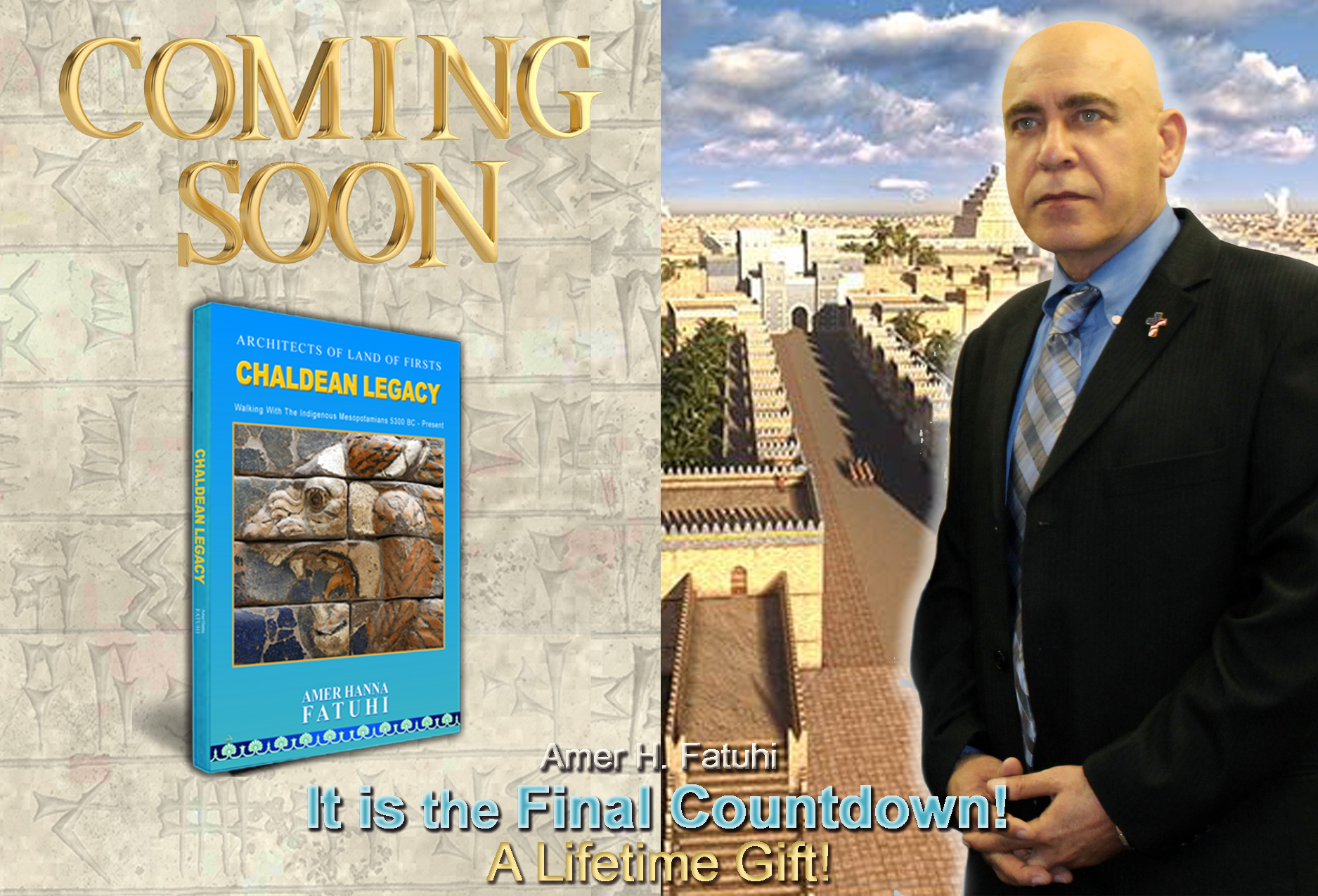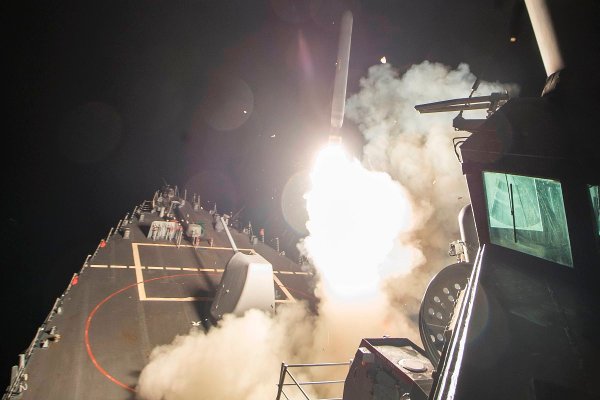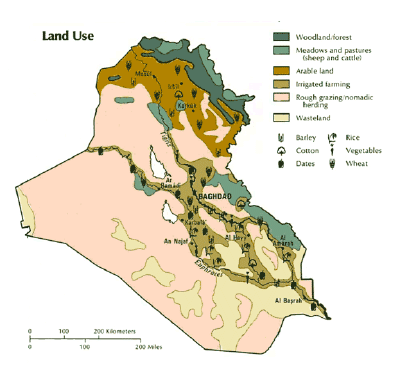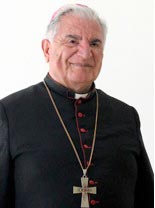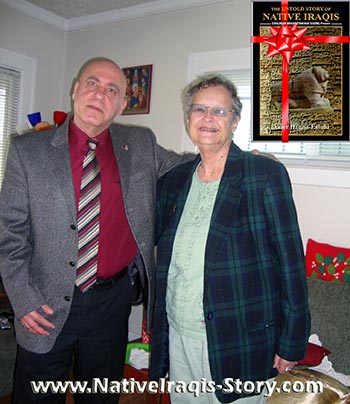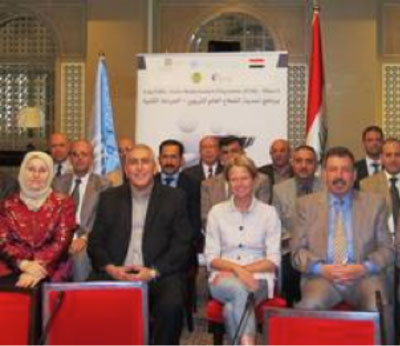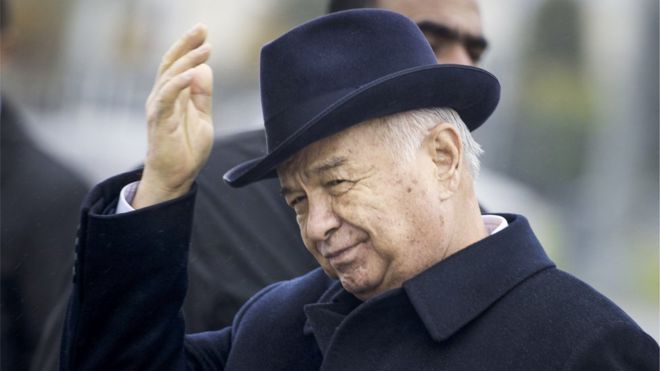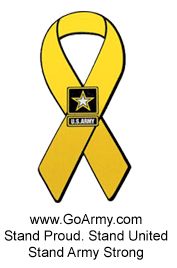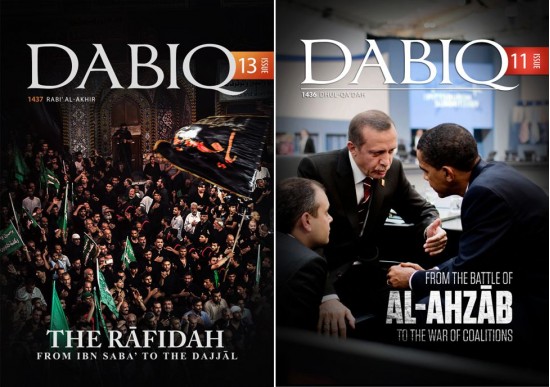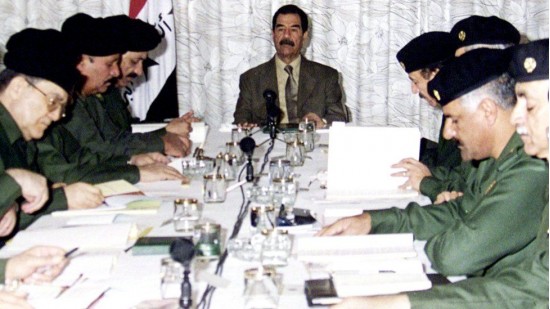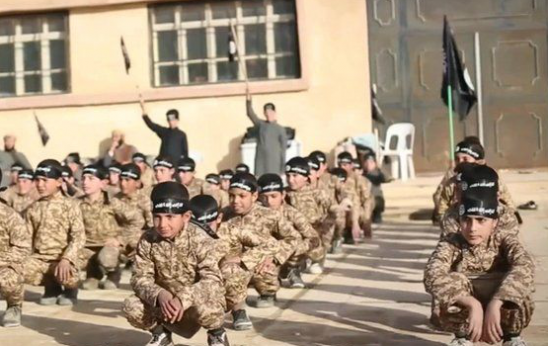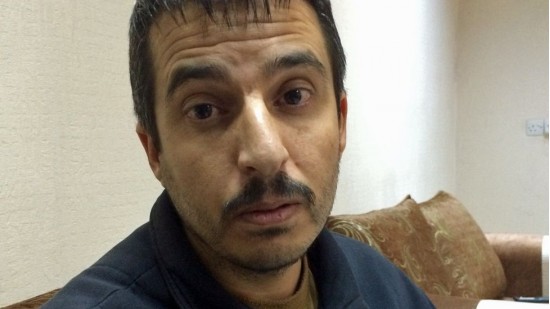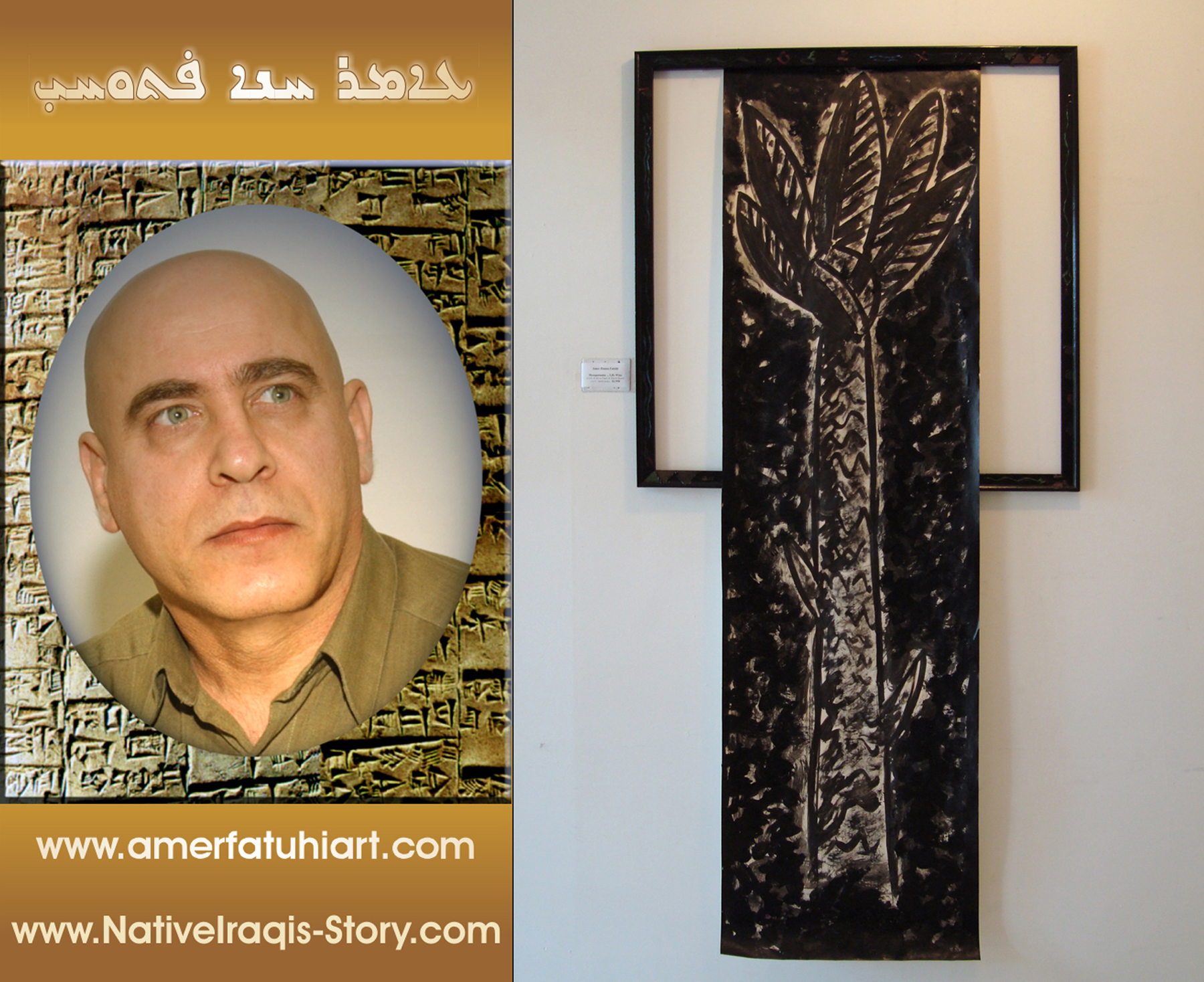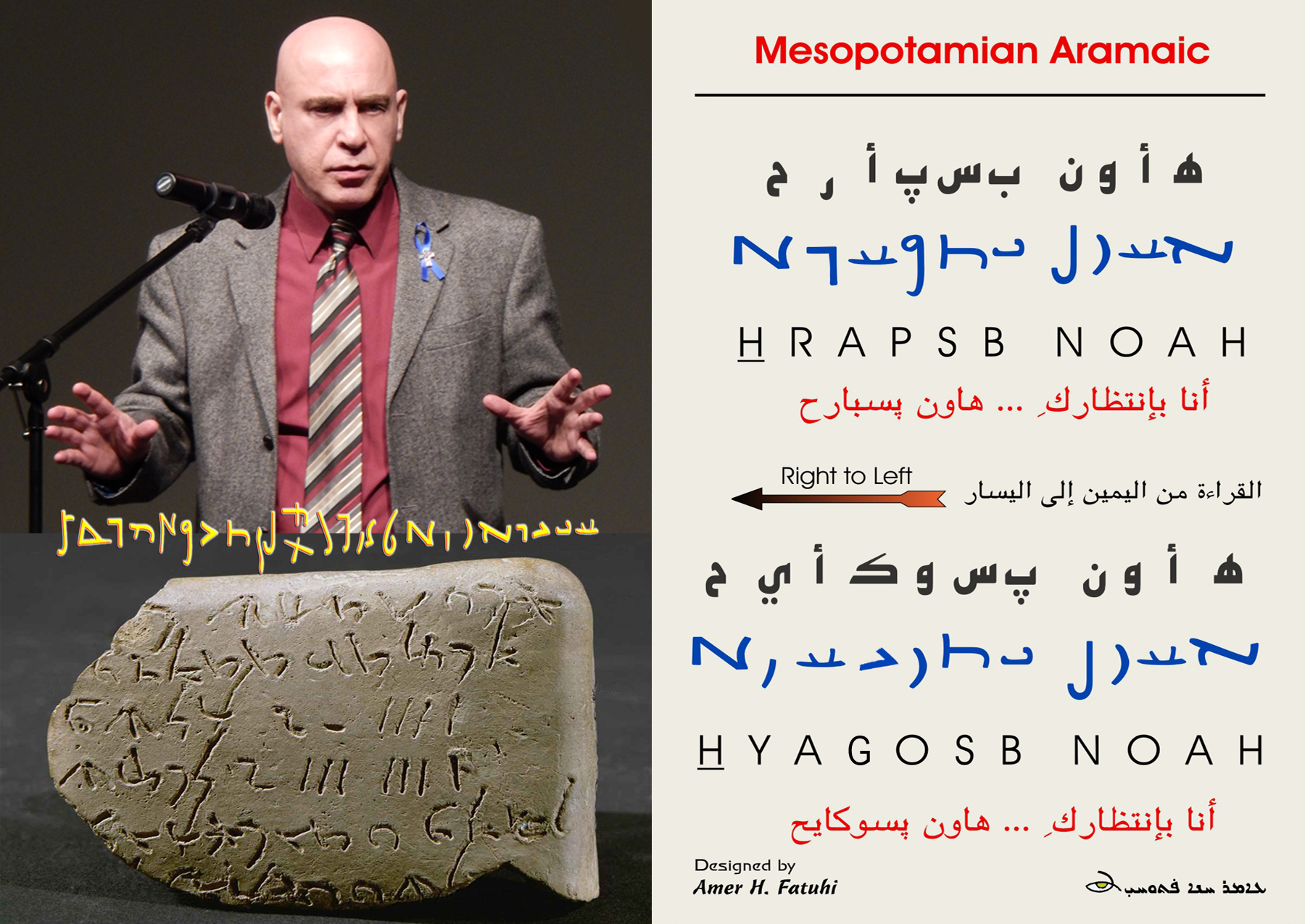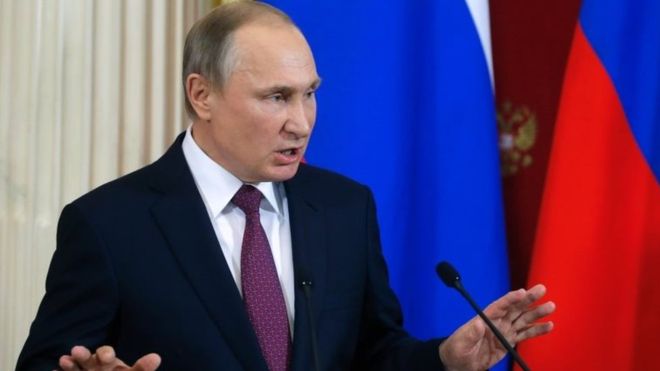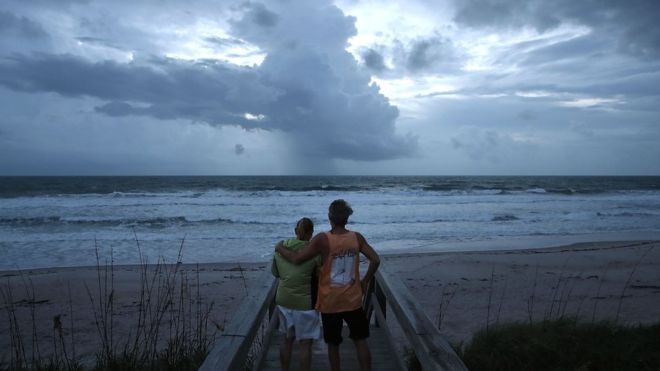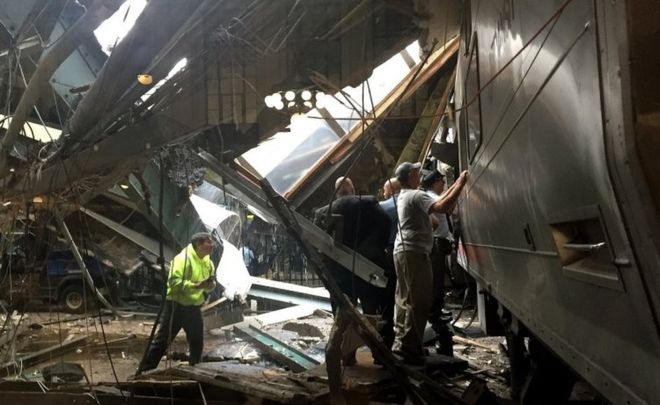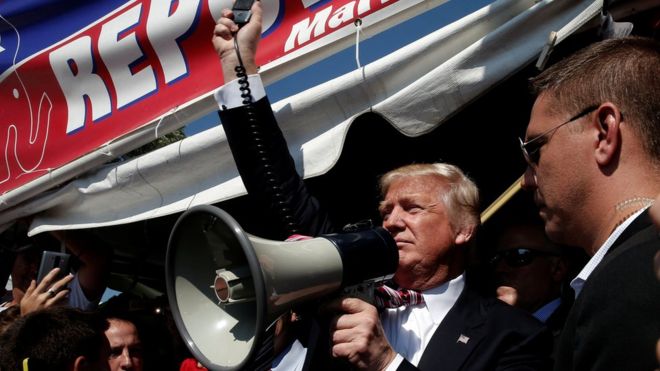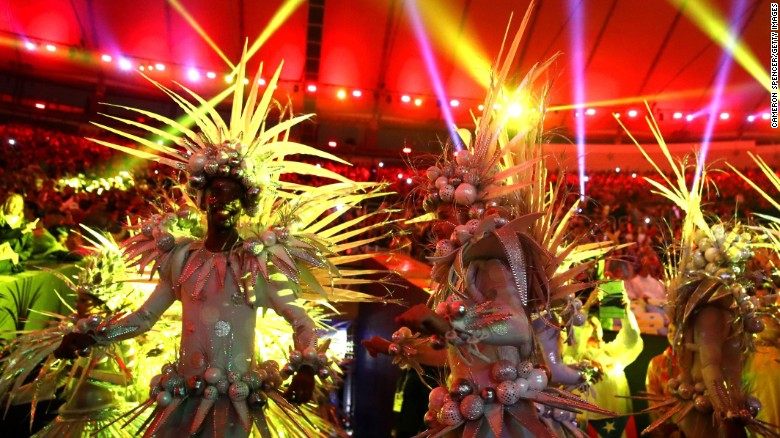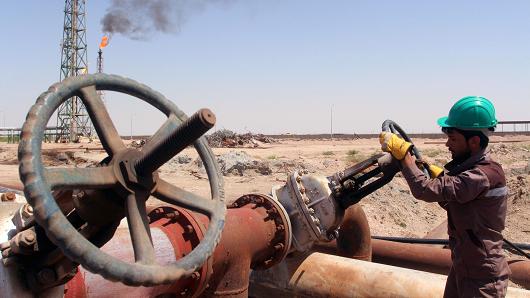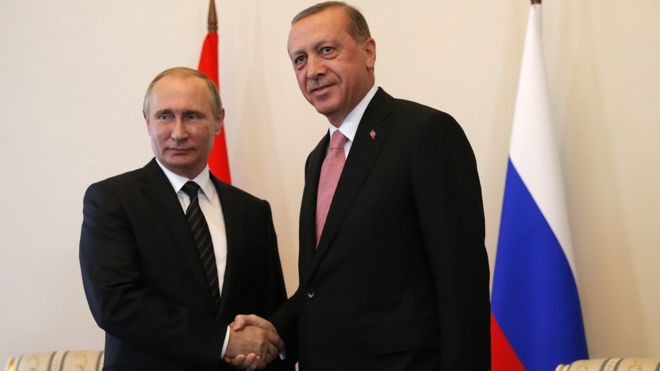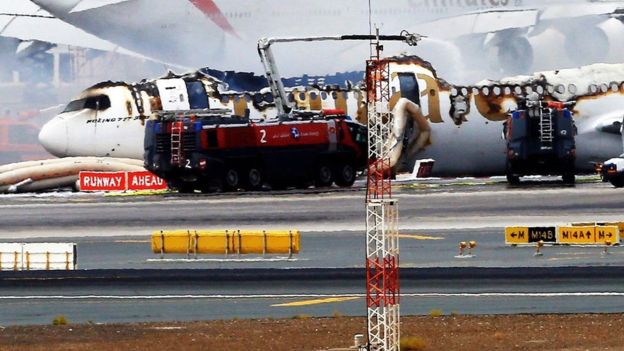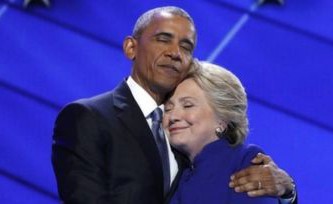Final showdown
If there seems to be something apocalyptic about IS's "bring it on" defiance, that's because there is.
When the organisation first brought out its online magazine - a major showcase and recruitment tool - just a month after the "caliphate" was declared, it was not by chance that it was named Dabiq.
A small town north of Aleppo in Syria, Dabiq is mentioned in a hadith (a reported saying of the Prophet Muhammad) in connection with Armageddon. In IS mythology, it is the scene where a cataclysmic showdown will take place between the Muslims and the infidels, leading to the end of days. Each issue of Dabiq begins with a quote from Abu Musab Zarqawi: "The spark has been lit here in Iraq, and its heat will continue to intensify - by Allah's permission - until it burns the crusader armies in Dabiq."
The prospect of taking part in that final glorious climax, achieving martyrdom on the path of Allah and an assured place in paradise, is one of the thoughts inspiring those heeding the IS call to jihad.
That could help explain why the organisation seems to enjoy an endless supply of recruits willing to blow themselves to pieces in suicide attacks, which it calls "martyrdom-seeking operations" (suicide is forbidden in Islam). Hundreds have died in this way, and they happen virtually daily.
It's one of the elements that makes IS a formidable fighting force that will be hard to destroy even in strictly military terms.
The Baathist legacy at the core of IS
IS is in many respects a project of former Iraqi President Saddam Hussein's outlawed Baath party, but now with a different ideology. Former agents or officers of Saddam Hussein's regime dominate its leadership... They represent a battle-hardened and state-educated core that would likely endure (as they have done through US occupation and a decade of war) even if the organisation's middle and lower cadres are decimated.
Is Islamic State invincible?
The head of security and intelligence for the Kurdistan Regional Government (KRG) in northern Iraq, Masrour Barzani, tells the story of a frustrated would-be suicide bomber who screamed at his captors: "I was just 10 minutes away from being united with the Prophet Muhammad!"
"They think they're winners regardless of whether they kill you or they get killed," says Barzani. "If they kill you, they win a battle. If they get killed, they go to heaven. With people like this, it's very difficult to deter them from coming at you. So really the only way to defeat them is to eliminate them."
Probably for the first time in military history since the Japanese kamikaze squadrons of World War Two, suicide bombers are used by IS not only for occasional terrorist spectaculars, but as a standard and common battlefield tactic.
Virtually all IS attacks begin with one or several suicide bombers driving explosives-rigged cars or trucks at the target, softening it up for combat squads to go in. So much so that the "martyrdom-seekers" have been called the organisation's "air force", since they serve a similar purpose.
Formidable though that is, IS as a fighting force is much more than a bunch of wild-eyed fanatics eager to blow themselves up. For that, they have Saddam Hussein to thank.
"The core of IS are former Saddam-era army and intelligence officers, particularly from the Republican Guard," said an international intelligence official. "They are very good at moving their people around, resupply and so on, they're actually much more effective and efficient than the Iraqi army are. That's the hand of former military staff officers who know their business."
"They are very professional," adds Masrour Barzani. "They use artillery, armoured vehicles, heavy machinery etc, and they are using it very well. They have officers who know conventional war and how to plan, how to attack, how to defend. They really are operating on the level of a very organised conventional force. Otherwise they'd be no more than a terrorist organisation."
The partnership with the ex-Baathists, going back to Zarqawi's early days in Iraq, is clearly a vital component in IS success.
But that does not mean its fighters are invincible on the battlefield. The Kurds in north-east Syria were fighting IS off with no outside help for a year before anybody noticed. And even now, IS makes what would conventionally be seen as costly mistakes.
In December 2015, they lost several hundred fighters in one abortive attack east of Mosul alone, and probably 2,500 altogether that month. In total some 15,000 are estimated to have been killed by Coalition air strikes since August 2014.
But they seem to have little difficulty making up the numbers. With a population of perhaps 10 million acquiescent Sunnis to draw on in Iraq and Syria, most recruiting is done locally. And if IS remains in place, there will soon be a new generation of young militants.
"I didn't join out of conviction," says Bakr Madloul, a 24-year-old bachelor who was arrested in December at his home in a Sunni quarter in southern Baghdad and accused of taking part in deadly IS car bomb attacks on mainly Shia areas, which he admits.
Bakr says he was working as a construction foreman in Kurdistan when IS took over Mosul. He was detained for questioning by Kurdish security, and met a militant in jail who persuaded him to go to Mosul, where he joined up with IS and manned a checkpoint until it was hit by a Coalition air strike.
He was then sent back to his Baghdad suburb to help organise car bombings. The explosives-packed vehicles were sent from outside Baghdad, and his job was to place them where he was told by his controller, usually in crowded streets or markets.
"Only one of the five car bombs I handled was driven by a suicide bomber," he says. "I spoke to him. He was 22 years old, an Iraqi. He believed he would go to paradise when he died. It's the easiest and quickest way to Heaven. They strongly believe this. They would blow themselves up to get to Heaven. There were older ones in their 30s and 40s."
"I asked my controllers more than once, 'Is it OK to kill women and children?' They would answer, 'They're all the same.' But to me, killing women and children, I didn't feel at all comfortable about that. But once you're in, you're stuck. If you try to leave, they call you a murtadd, an apostate, and they'll kill you or your family."
Bakr knows he will almost certainly hang. I asked him if he would do the same things over if he had his life again. He laughed.
"Absolutely not. I would get out of Iraq, away from IS, away from the security forces. I took this path without realising the consequences. There is no way back. I see that now."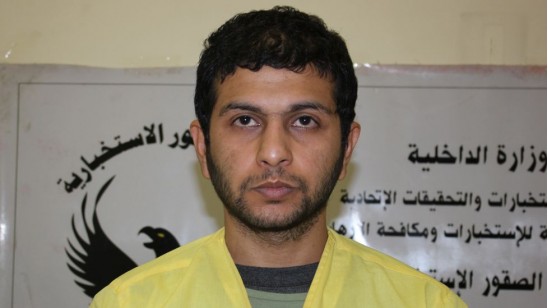
But up in Kurdistan, another IS prisoner, Muhannad Ibrahim, has no such regrets.
A 32-year-old from a village near Mosul with a wife and three children, he was a construction worker for a Turkish company when IS took over the city. Two of his older brothers had died fighting the Americans there in 2004 and 2006. He joined IS without hesitation and was commanding a small detachment when he was captured in a battle with the Kurds.
"We were being oppressed by the Shia, they were always insulting and bothering us," he says. "But that's not the main motivation, religious conviction is more important. All my family is religious, praise be to Allah. I came to IS through my faith and religious principles."
"If I had my time over again, I would take the same path, the same choices. Because I am convinced by this thing, I have to go to the end. Either I am killed, or Allah will decree some other fate for me."













